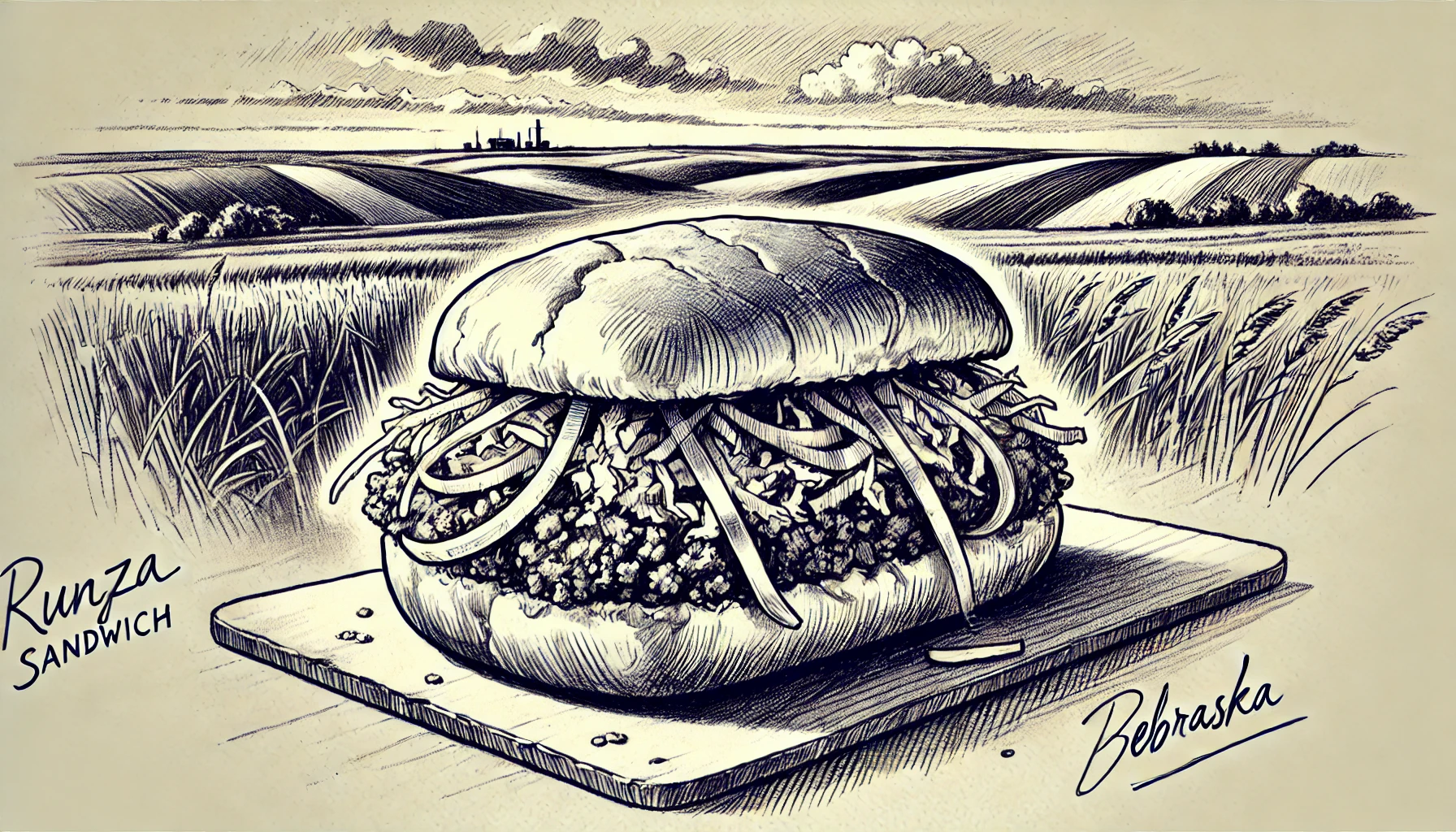Food Waste Management Systems in Nebraska

Traveling through Nebraska, a state known for its agricultural production, one cannot help but notice the abundance of food waste generated throughout the food supply chain. From farm to table, a significant portion of food produced in Nebraska ends up in landfills, contributing to the state's environmental woes. Effective food waste management systems are essential to mitigate this issue, and Nebraska has implemented several initiatives to address this problem.
One such initiative is the City of Omaha's Organics Collection Program, which aims to divert organic waste from landfills and convert it into nutrient-rich compost. The program, launched in 2019, allows residents to collect food waste in designated bins, which are then collected and processed at the City's composting facility. This initiative not only reduces waste sent to landfills but also provides a valuable resource for local farmers and gardeners. Similarly, the University of Nebraska-Lincoln has implemented a food waste composting program on its campus, which has diverted over 100 tons of food waste from landfills since its inception in 2015.
Another approach to food waste management is anaerobic digestion, a process that breaks down organic matter in the absence of oxygen to produce biogas. The City of Lincoln, Nebraska's capital city, has partnered with a local waste management company to develop an anaerobic digestion facility that will convert food waste into biogas, which can be used as a renewable energy source. This facility, expected to be operational by 2025, will be one of the first of its kind in the state. Additionally, several private companies, such as the Nebraska-based food waste management company, Quantum Biopower, are also investing in anaerobic digestion technology to convert food waste into energy.
In addition to these initiatives, Nebraska has also implemented policies to reduce food waste in the state. For example, the Nebraska Food Waste Reduction and Awareness Act, signed into law in 2020, aims to reduce food waste by 50% by 2025. The law establishes a food waste reduction goal and encourages businesses, institutions, and individuals to develop strategies to reduce food waste. Furthermore, the Nebraska Department of Agriculture has launched a food waste reduction initiative, which provides resources and technical assistance to farmers, food manufacturers, and other stakeholders to reduce food waste throughout the supply chain.
Furthermore, some Nebraska-based companies are developing innovative technologies to reduce food waste. For instance, the company, Safeway Farms, located in Alliance, Nebraska, has developed a food recovery system that uses artificial intelligence and machine learning to track and predict food waste. This system allows farmers and food manufacturers to optimize their production and reduce waste. Similarly, the company, Nebraska-based Hy-Vee, has launched a food waste reduction initiative that uses data analytics to identify areas of food waste in their supply chain and implement strategies to reduce waste.
In conclusion, food waste management systems play a crucial role in reducing the environmental impact of food waste in Nebraska. The state's initiatives, policies, and innovative technologies are all working towards a common goal of reducing food waste and promoting sustainability. As the state continues to grow and develop, effective food waste management systems will be essential to ensure a sustainable future for Nebraska's food supply chain.
Effective food waste management systems also have economic benefits. For example, the City of Omaha's Organics Collection Program has created jobs and generated revenue for local businesses. Additionally, the anaerobic digestion facility in Lincoln is expected to create new jobs and stimulate economic growth in the area. Moreover, reducing food waste can also help businesses save money by reducing waste disposal costs and optimizing their supply chains.
One such initiative is the City of Omaha's Organics Collection Program, which aims to divert organic waste from landfills and convert it into nutrient-rich compost. The program, launched in 2019, allows residents to collect food waste in designated bins, which are then collected and processed at the City's composting facility. This initiative not only reduces waste sent to landfills but also provides a valuable resource for local farmers and gardeners. Similarly, the University of Nebraska-Lincoln has implemented a food waste composting program on its campus, which has diverted over 100 tons of food waste from landfills since its inception in 2015.
Another approach to food waste management is anaerobic digestion, a process that breaks down organic matter in the absence of oxygen to produce biogas. The City of Lincoln, Nebraska's capital city, has partnered with a local waste management company to develop an anaerobic digestion facility that will convert food waste into biogas, which can be used as a renewable energy source. This facility, expected to be operational by 2025, will be one of the first of its kind in the state. Additionally, several private companies, such as the Nebraska-based food waste management company, Quantum Biopower, are also investing in anaerobic digestion technology to convert food waste into energy.
In addition to these initiatives, Nebraska has also implemented policies to reduce food waste in the state. For example, the Nebraska Food Waste Reduction and Awareness Act, signed into law in 2020, aims to reduce food waste by 50% by 2025. The law establishes a food waste reduction goal and encourages businesses, institutions, and individuals to develop strategies to reduce food waste. Furthermore, the Nebraska Department of Agriculture has launched a food waste reduction initiative, which provides resources and technical assistance to farmers, food manufacturers, and other stakeholders to reduce food waste throughout the supply chain.
Furthermore, some Nebraska-based companies are developing innovative technologies to reduce food waste. For instance, the company, Safeway Farms, located in Alliance, Nebraska, has developed a food recovery system that uses artificial intelligence and machine learning to track and predict food waste. This system allows farmers and food manufacturers to optimize their production and reduce waste. Similarly, the company, Nebraska-based Hy-Vee, has launched a food waste reduction initiative that uses data analytics to identify areas of food waste in their supply chain and implement strategies to reduce waste.
In conclusion, food waste management systems play a crucial role in reducing the environmental impact of food waste in Nebraska. The state's initiatives, policies, and innovative technologies are all working towards a common goal of reducing food waste and promoting sustainability. As the state continues to grow and develop, effective food waste management systems will be essential to ensure a sustainable future for Nebraska's food supply chain.
Effective food waste management systems also have economic benefits. For example, the City of Omaha's Organics Collection Program has created jobs and generated revenue for local businesses. Additionally, the anaerobic digestion facility in Lincoln is expected to create new jobs and stimulate economic growth in the area. Moreover, reducing food waste can also help businesses save money by reducing waste disposal costs and optimizing their supply chains.
